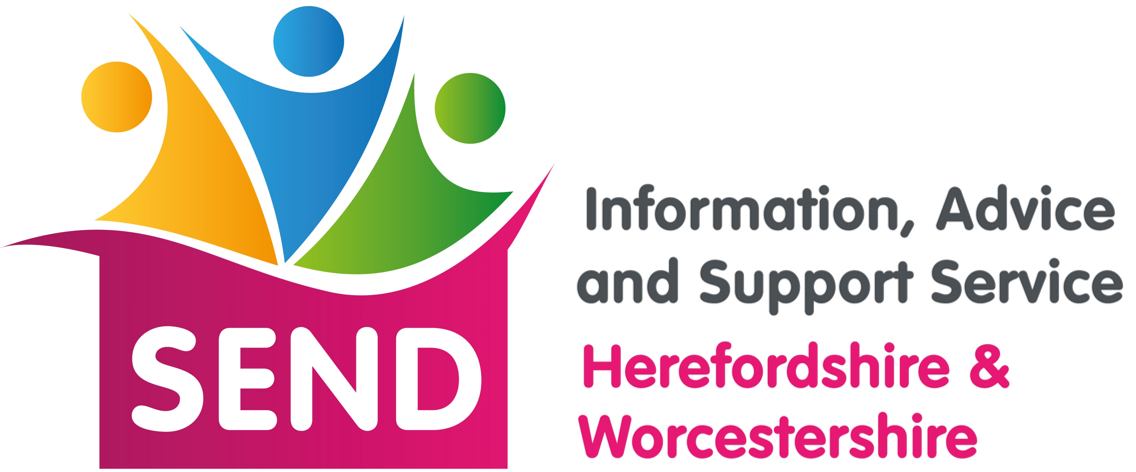
SENDIASS guidance for career options and transition after school
There are many career paths and options you can choose after being at school.
Your options
College
Colleges offer a range of academic, vocational, technical and professional courses. Further Education Colleges are attended by people of all ages from 16, although most students are between 16 and 18 years old.
Some colleges are very large, with several sites or campuses and some are specialist, such as those offering agricultural or marine courses.
Further Education Colleges offer courses at every level from entry level courses that do not require GCSE grades at entry through to higher level qualifications and degree courses.
Sixth form
Sixth form refers to school years 12 and 13. Many schools offer a sixth form but there are also sixth form colleges. These offer courses which are designed to follow on from your GCSEs.
Apprenticeships
An apprenticeship is a job, with hands-on experience, a salary and the chance to train while you work. Some of your time is spent in off the job training, often at a college or with a training provider.
Find out more about apprenticeships
Find out more about becoming an apprentice
Traineeships
A traineeship is an education and training programme which incorporates work experience, preparing young people for their future careers by helping them to become ‘work ready’.
A traineeship has three core elements:
- Work experience placement with an employer.
- Work preparation training, provided by the training organisation.
- English and maths support, if required, provided by the training organisation.
Traineeships last anything up to a maximum of 6 months with the content tailored to the needs of the business and the individual.
Employers are not required to pay trainees for the work placement and traineeships are exempt from the Minimum Wage. Young people taking part in traineeships will be undertaking education and training and some may qualify for financial support, including the 16-19 Bursary Fund.
Find out more about traineeships
Supported internships
Supported internships are a structured study programme based primarily at an employer. They enable young people aged 16-24 with an Education, Health and Care plan to achieve sustainable paid employment by equipping them with the skills they need for work, through learning in the workplace. Supported internships are unpaid, and last for a minimum of six months.
Wherever possible, they support the young person to move into paid employment at the end of the programme. Alongside their time at the employer, young people complete a personalised study programme which includes the chance to study for relevant substantial qualifications, if appropriate, and English and Maths.
Find out more about supported internships
Volunteering
Volunteering is described as an unpaid activity where someone gives their time to help a not-for-profit organisation or an individual who they are not related to. Benefits include making new friends, expanding your network, boosting your social skills and developing new skills.
Employment
Employment is a paid work agreement between an employer and an employee. The term employee applies to a person who is hired for a salary or fee to perform work for an employer.
Looking for work
Looking for work if you’re disabled
Looking for work can be hard, but it can be even trickier if you have additional needs. When you’re looking for work, look on adverts and application forms for the ‘disability confident’ symbol.
This symbol means:
- the employer is committed to employing disabled people.
- you’ll be guaranteed an interview if you meet the basic conditions for the job
Find out more about looking for work if you’re disabled
Support to Work
Support to Work is a free online and telephone support programme for disabled people in England and Wales, who are looking for paid work.
Find out more about Support to Work
The following websites provide support and resources for disabled people looking for work.
Support at work
Reasonable Adjustments
Employers must make reasonable adjustments (appropriate changes) to make sure workers with disabilities, or physical or mental health conditions, are not substantially disadvantaged when doing their jobs.
This applies to all workers, including trainees, apprentices, contract workers and business partners.
Find out more about reasonable adjustments
Access to work
If you are disabled or have a physical or mental health condition that makes it hard for you to do your job, even after reasonable adjustments have been made, you can get extra help from Access to Work.
Find out more about Access to work
Further Information
Skills 4 Worcestershire have produced a Life Beyond School - Choices Booklet (PDF) for young people with SEND.
This is a careers and advice booklet that will help young people to understand the range of career choices and opportunities available to them across Worcestershire.
There is also a Choices - Your future parent/carer booklet (PDF) and a Choices Magazine - Transition into Higher Education SEND (PDF).
Other careers advice magazines and booklets can be found here: Choices careers and advice magazines and booklets
Preparing for Adulthood - Routes into Work Guide
This guide provides information about options for young people with SEND to help them move into paid employment.
Ambitious about Autism have produced a toolkit to support autistic young people into employment, further education or training. The toolkit is free to download and includes lots of editable forms and templates.
If you are unsure which of these options is right for you, contact our Young Persons Advisors on the contact details below. They will be able to offer you further information and support to help you make a decision that is right for you.

 Facebook
Facebook X
X Email
Email WhatsApp
WhatsApp Messenger
Messenger